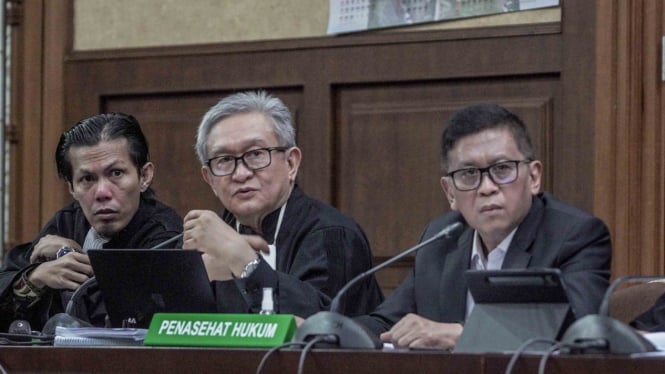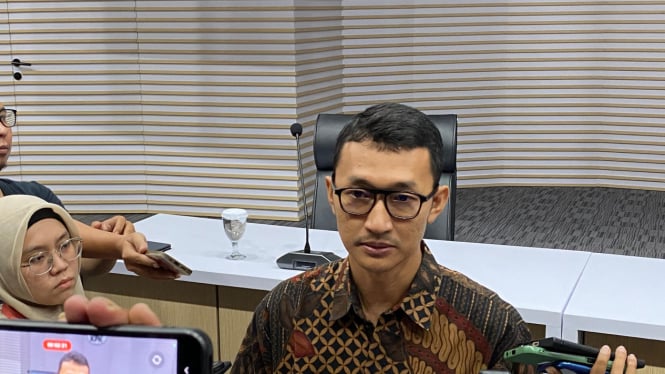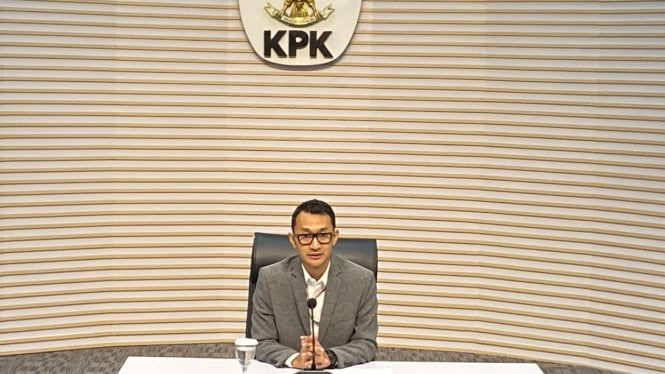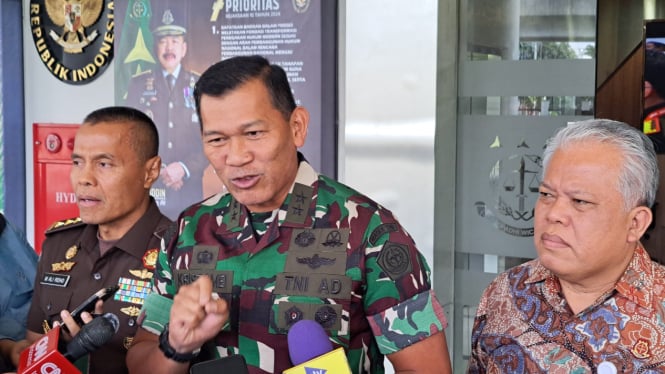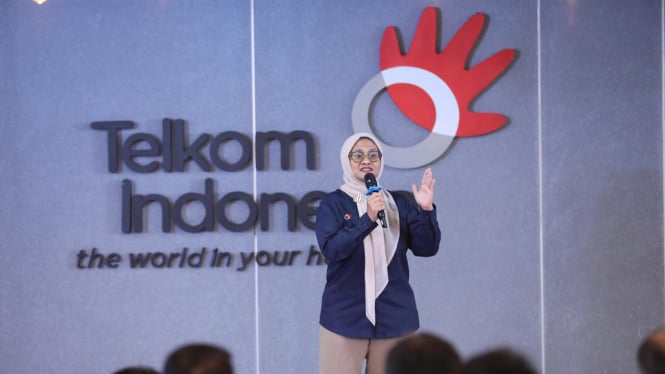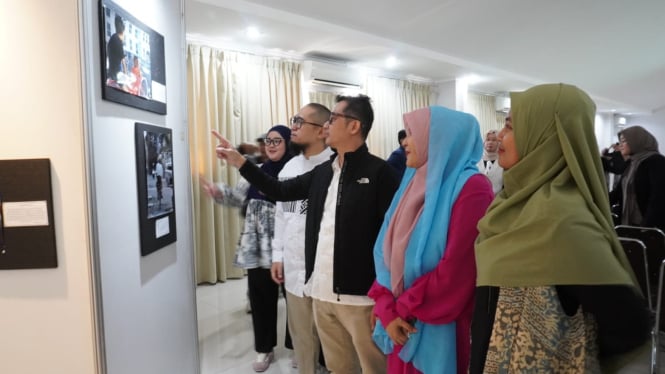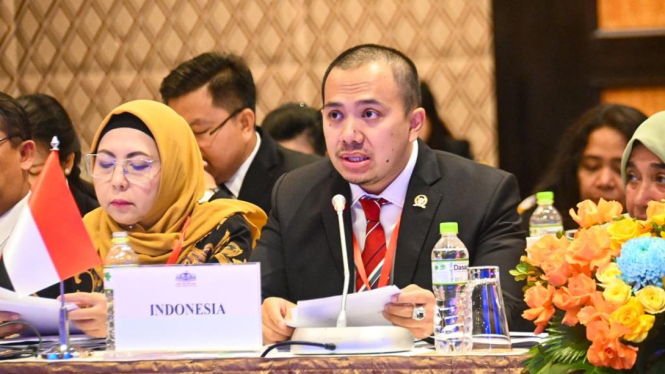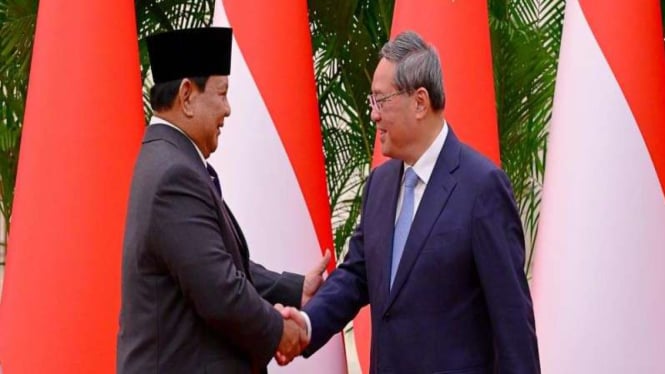Jakarta, VIVA – The United Nations Convention on the Law of the Sea (UNCLOS), the South China Sea (SCS) Code of Conduct, and various initiatives by the Association of Southeast Asian Nations (ASEAN) have been recognized as key frameworks for Indonesia and ASEAN countries in responding to China’s maritime diplomacy in the region.
At the same time, experts have highlighted the urgent need for Indonesia to strengthen and enforce its domestic maritime laws to address growing geopolitical challenges in Southeast Asia.
These issues were the focus of a discussion titled “China’s Maritime Diplomacy in Southeast Asia: An Indonesian Perspective”, organized by the Indonesian Sinology Forum (FSI) in Jakarta on Thursday, June 19, 2025.
The forum brought together scholars, practitioners, and observers to assess China’s strategic aims and Indonesia’s potential responses.
Johanes Herlijanto, chairman of FSI, emphasized the importance of understanding China’s goals. “China seeks to reclaim what it perceives as its lost territories, including the South China Sea, which overlaps with Indonesia’s Exclusive Economic Zone near the Natuna Islands,” he said.
Retired Rear Admiral Soleman B. Ponto, a security and intelligence analyst, underlined the role of ASEAN in maintaining regional stability. He noted that ASEAN has long pursued mechanisms such as the Treaty of Amity and Cooperation (TAC) and the Declaration on the Conduct of Parties in the South China Sea. “ASEAN’s Code of Conduct aims to prevent conflict in disputed waters,” he added.
Ponto pointed out the risks posed by China’s growing assertiveness, particularly its claims marked by the controversial nine-dash line—now expanded to ten dashes. “The problem is that Indonesian fishermen operating in contested areas risk being detained by China’s Coast Guard,” he said.
He stressed that Indonesia’s best defense is robust legal enforcement: “Let’s fix our legal system and apply it well, so I can enjoy a cup of coffee at a reasonable price,” he joked.
Rear Admiral Kresno Buntoro, a naval legal expert, highlighted China’s 2021 Coast Guard Law, which extends Beijing’s maritime claims and allows its coast guard to carry weapons. “This raises questions about their rules of engagement,” he said, while advocating dialogue and legal solutions.
Security scholar Ristian Atriandi Supriyanto called on Indonesia to stay impartial but firm in upholding UNCLOS. “Non-alignment doesn’t mean neutrality; it means adherence to international law,” he concluded.
Halaman Selanjutnya
He stressed that Indonesia’s best defense is robust legal enforcement: “Let’s fix our legal system and apply it well, so I can enjoy a cup of coffee at a reasonable price,” he joked.

 5 hours ago
4
5 hours ago
4
